Fireballs are meteors which become brighter than the planet Venus and can sometimes be seen in the daytime. If you are lucky to see a fireball send in your report to the American Meteor Society and become a citizen scientist
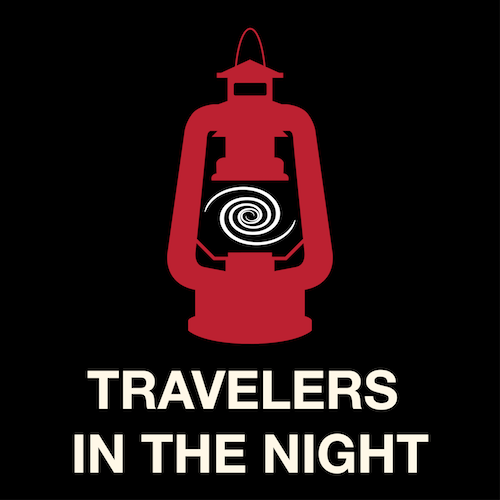

Fireballs are meteors which become brighter than the planet Venus and can sometimes be seen in the daytime. If you are lucky to see a fireball send in your report to the American Meteor Society and become a citizen scientist
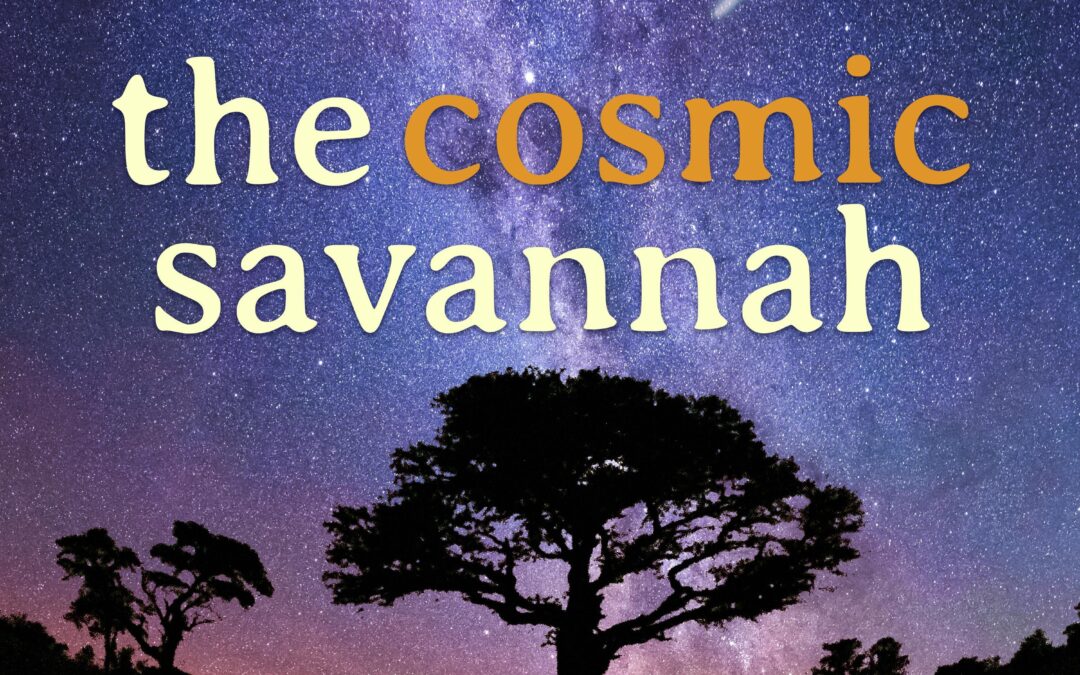
Its goal is to push the boundaries of astronomy and cosmology by observing some of the most distant events and objects in the universe, such as the formation of the first stars and galaxies. Today @cosmicsavannah discuss about JWST with Prof Christy Tremonti
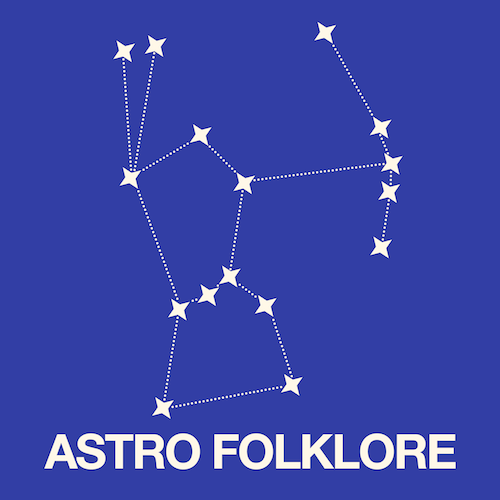
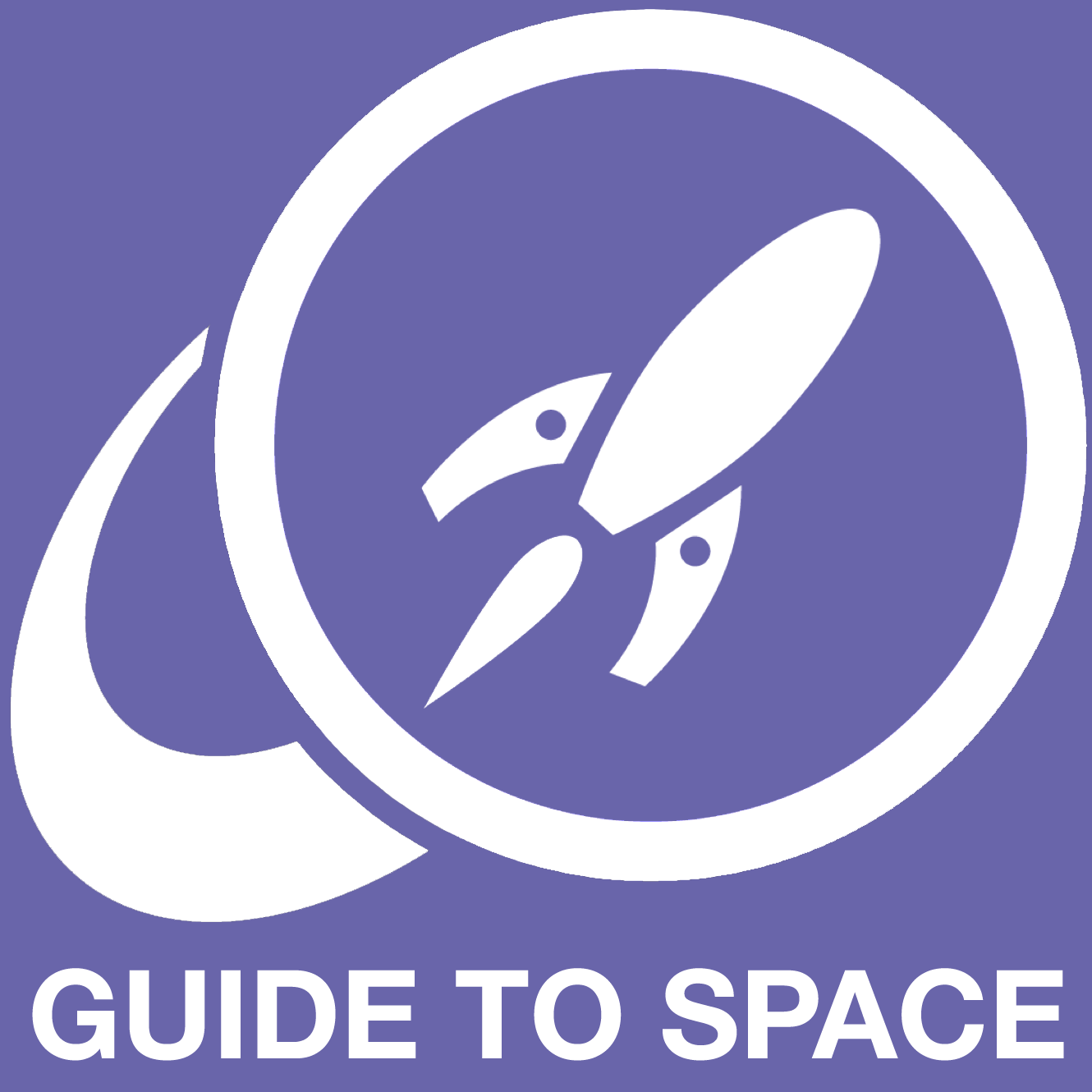
Today on #365DaysOfAstro, lets explore on how fast you’re spinning in space right now, and how you’d actually gain a little weight if the Earth stopped spinning. How Fast Does the Earth Rotate?
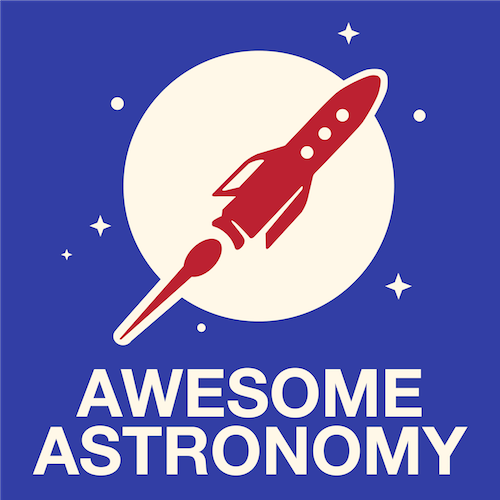
Taking a look at how over the last 40 years we went from only knowing of the handful of planets in our solar system to knowing of around 5,000 planets littering the galaxy.
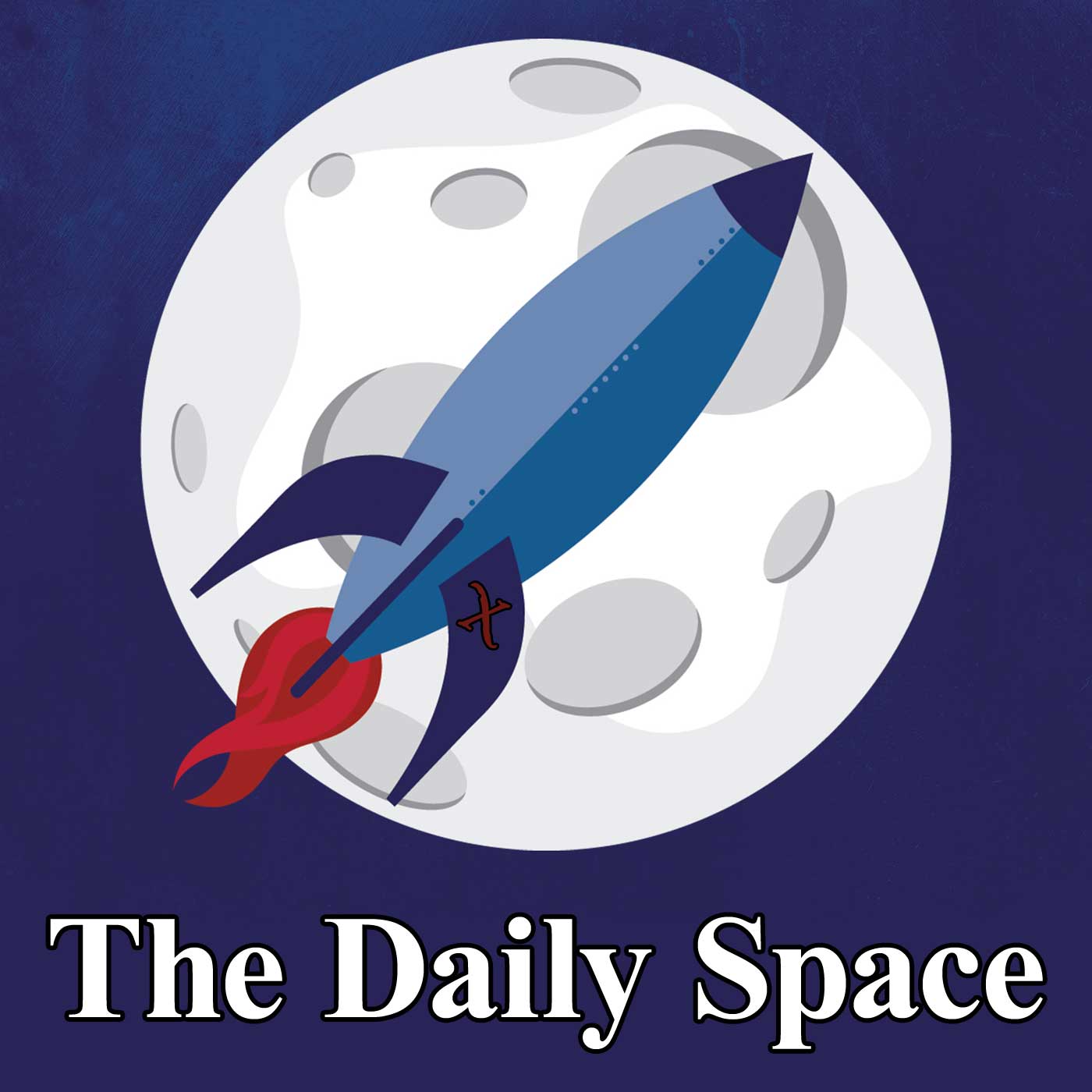
The Gaia mission released its third ‘treasure trove’ of observations and calculations of more than two billion stars in the Milky Way, including ‘starquakes’, stellar DNA, binary star systems, and more
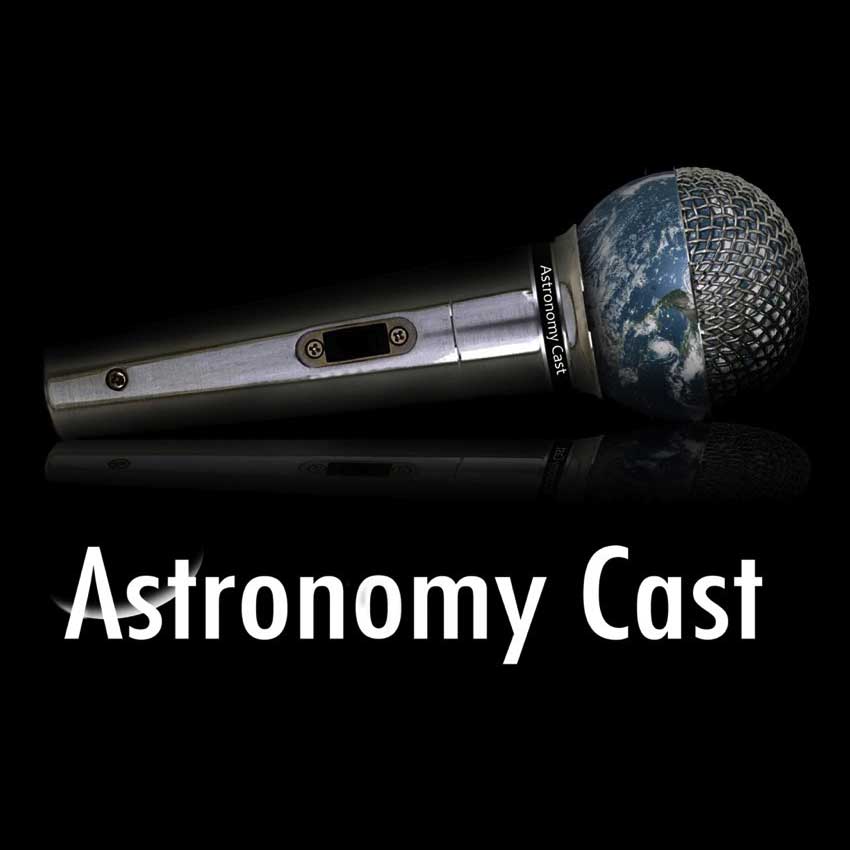
Astronomers first noticed the strange behaviors of rotating galaxies almost 100 years ago, suggesting there’s an invisible dark matter hold them together with gravity. Now astronomers have found examples of galaxies that are almost entirely made of dark matter. Does this tell us anything?

Even though the chances are extremely slim, an asteroid hunter could find a sizable asteroid on a collision course with planet Earth.
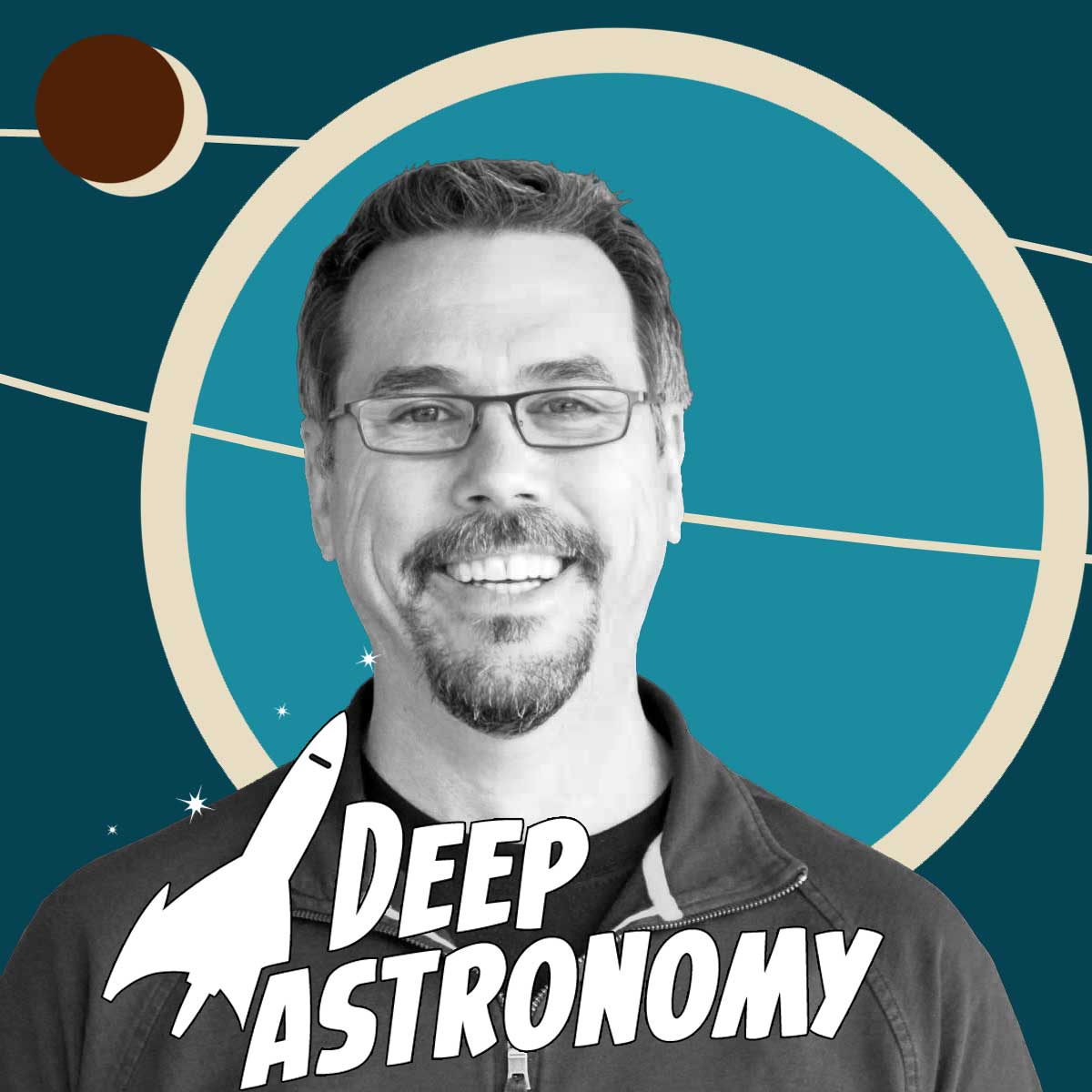
In this episode, some astronomers, a former astronaut, the current director of the Space Telescope Science Institute as well as the wife of Carl Sagan himself, got together and wrote a white paper that makes the case for a telescope, named after the famous astronomer Carl Sagan, that will look for and directly image planets like Earth around other stars

To mark the Skylab 50th anniversary here is @AwesomeAstroPod chat from 2012 where we caught up with Skylab 3 and STS-3 astronaut, Jack Lousma